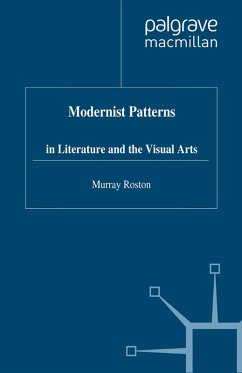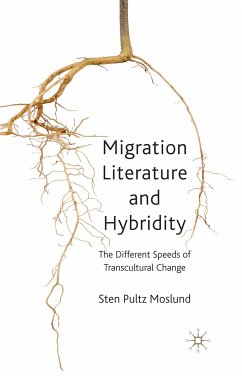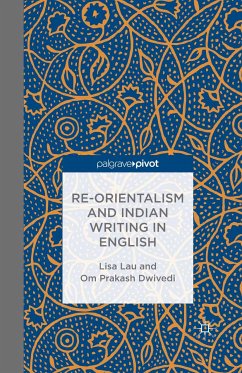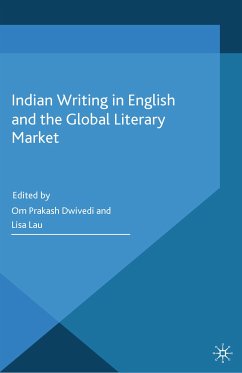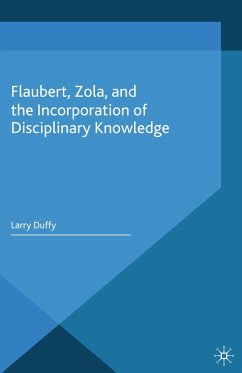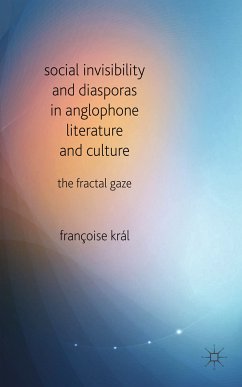
Social Invisibility and Diasporas in Anglophone Literature and Culture (eBook, PDF)
The Fractal Gaze
Versandkostenfrei!
Sofort per Download lieferbar
40,95 €
inkl. MwSt.
Weitere Ausgaben:

PAYBACK Punkte
20 °P sammeln!
Social Invisibility and Diasporas in Anglophone Literature and Culture is a transdisciplinary study of social invisibility and diasporas which theorizes the differential in/visibility of diasporas through the prism of cultural productions (literature and the visual arts, including media studies) by both established artists and emerging ones.
Dieser Download kann aus rechtlichen Gründen nur mit Rechnungsadresse in A, B, BG, CY, CZ, D, DK, EW, E, FIN, F, GR, HR, H, IRL, I, LT, L, LR, M, NL, PL, P, R, S, SLO, SK ausgeliefert werden.




